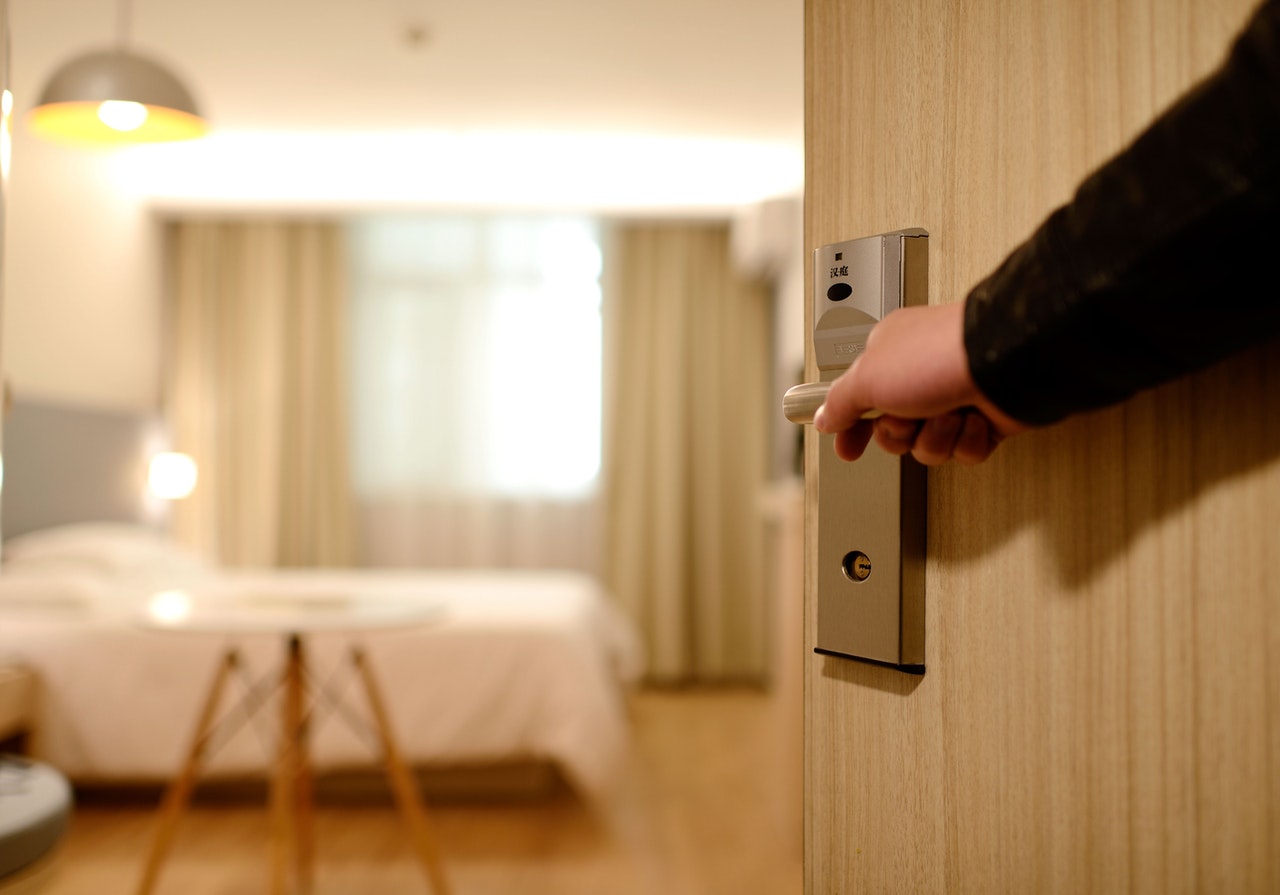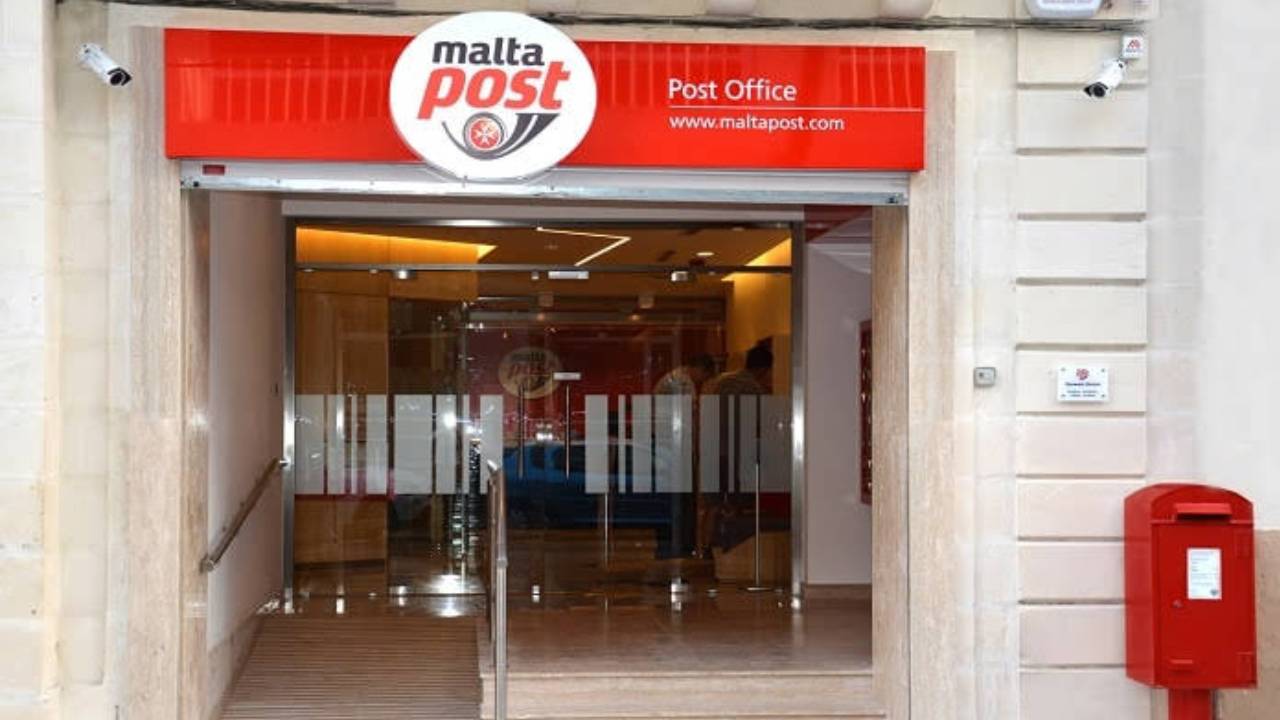The five-star hotel segment seems to be missing out on the tourism rebound due to the lower frequency of flights from key markets like the affluent UK and Germany, replaced by flights from markets like Poland, from where tourists tend to spend less.
Steep increases to energy prices have also led to a cost of living crisis, especially in the UK, adding to the barriers to travel for many Brits.
One reservations agent of a recently opened five-star hotel, who asked to speak off the record, said that overall numbers are “nowhere near” those seen in the last pre-pandemic years.
She said that connectivity remains a big issue for the five-star segment, as increased flights from Poland, for example, do not make up for lower tourist numbers coming from the UK and Germany.
By the end of October (the latest period for which is data is available), Malta had received 370,000 and 146,000 tourists from the UK and Germany, respectively, down from 571,000 and 184,000. There were similar decreases from the high-spending Scandinavia (2022: 66,000, 2019: 110,000) and the United States (2022: 35,000), 2019: 44,000).
Tourism from Poland, however, increased from 89,000 to 120,000. Only France (2022: 227,000, 2019: 213,000) saw a non-negligible increase.
“It’s not a one-is-to-one ratio,” she explained. “One tourist does not simply replace another one. UK tourists tend to be more affluent and big spenders. For lower categories, perhaps, a tourist is a tourist, but for us, their profile makes a big difference.”
She expressed concern that much of the positive news about resurging connectivity does not necessarily reflect the situation on the ground, where hotels are suffering from the loss of important source markets.
Another representative of a five-star hotel, this being a long-established one, who also asked to remain anonymous, agrees that the changing connections Malta has with key markets is cause for consternation.
“The typical spending power of the kind of tourist seen this year is more suited for the four-star market,” he says.
He puts this down to reasons intrinsic to the source market (“Poland is simply less affluent than the UK, and the tourist spend reflects that”) and others that could, in time, be changed through a coordinated effort (“Malta’s network of agents and our marketing has been hard at work cultivating the country’s brand for half a century or more in places like the UK and Germany – it will take time for this to be cultivated to any high degree in newer source markets”).
He added, however, that this shift in tourism was more noticeable during the summer months, saying that this Christmas period is going about as well as projected, with Christmas Day lunch doing particularly well – even better than in the pre-COVID years.
“It’s definitely a mixed bag – we are still determining what the post-pandemic shift are, and the reasons for them. It’s a new world right now.”
Four-star hotels, however, are experiencing fewer issues, being less reliant on the high-spending toursits coming from Malta’s developed tourist markets.
In fact, two four-star hotels reported “very good” results over this period, with both beating their projections for the season.
Storm Harry triggers widespread power cuts across Malta, disrupting homes and businesses
Residents in some areas have reported prolonged outages
Serial entrepreneur Mario Schraepen on speed, access and startup potential
Mario says that while the country is only roughly 27 kilometres from end to end, it offers a 'layered, lived-in' ...
MaltaPost suspends deliveries until end of storm
A red warning for gale-force winds is currently in effect until Tuesday at noon






